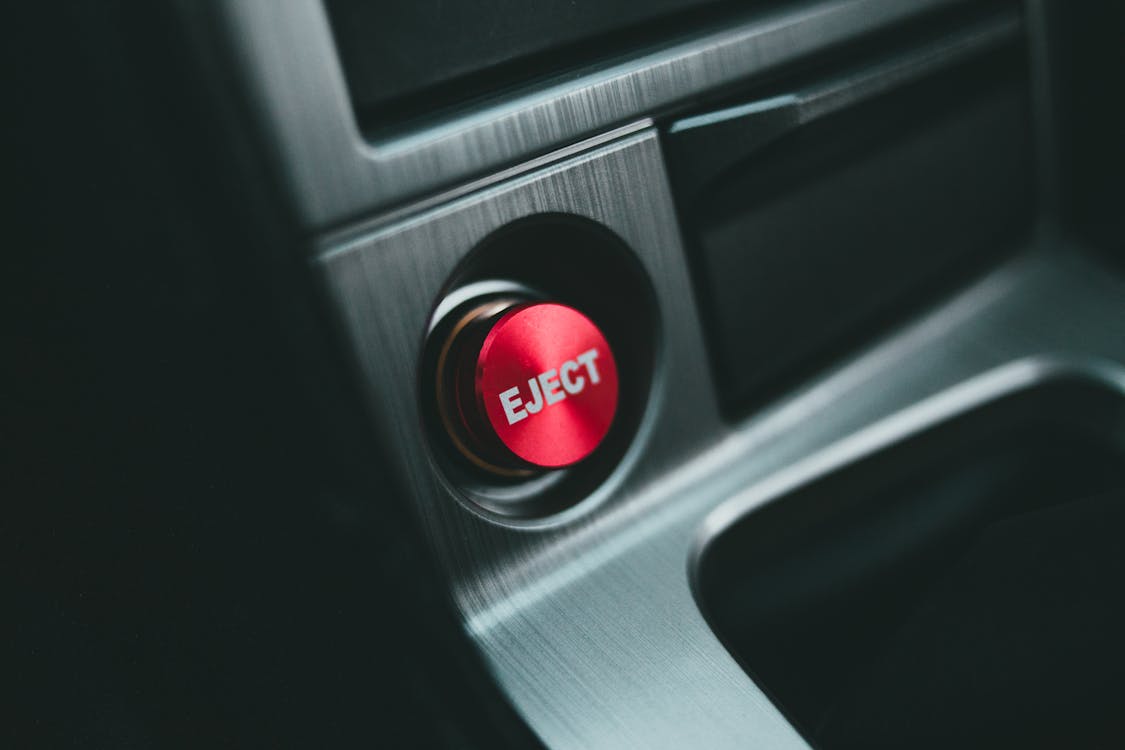
Published — April 14, 2021
The following post does not create a lawyer-client relationship between Alburo Alburo and Associates Law Offices (or any of its lawyers) and the reader. It is still best for you to engage the services of your own lawyer to address your legal concerns, if any.
Also, the matters contained in the following were written in accordance with the law, rules, and jurisprudence prevailing at the time of writing and posting, and do not include any future developments on the subject matter under discussion.
Aside from instance of Lessee being ejected, read also: WHAT IS RENT CONTROL ACT?
-
The lessor may eject a lessee who failed to pay his or her rent for a total of three (3) months
-
The lessee may deposit the amount of his rental payment in court if the lessor refuses to accept the same
-
The lessor and the lessee may engage in a written rent-to-own agreement
May a lessor ejects his lessee even before the expiration of the lease contract?
In our previous article we wrote about Rent Control Act. As a continuation, the following are instances where a lessee or a tenant may be evicted from the property by the owner or lessor:
- Assignment of lease or subleasing of residential units in whole or in part, including the acceptance of boarders, bedspaces, without the written consent of the lessor or owner;
- Arrears in payment of rent for a total of three (3) months;
- Legitimate need of the owner/lessor to repossess his or her property for his or her own use or for the use of an immediate member of his or her family as a residential unit. However, before the lessor may repossess the property, said lease which was for a definite period must have first expired. Also, before the intended repossession by the lessor, he must have given the lessee the formal notice three (3) months in advance. Finally, the owner or lessor is not allowed to lease the same residential unit for a period of at least one (1) year from the time of repossession;
- Need of the lessor to make necessary repairs of the leased premises which is the subject of an existing order of condemnation by appropriate authorities concerned in order to make the said premises safe and habitable. After said repair, the lessee ejected shall have the first preference to lease the same premises. Then, if the lessor would increase the rent, the new rent shall be reasonably commensurate with the expenses incurred for the repair of the said residential unit; and
- Expiration of the period of the lease contract.
Take note that no lessor or his successor-in-interest shall be entitled to eject the lessee upon the ground that the leased premises have been sold or mortgaged to some other person regardless of whether the lease or mortgage is registered or not.
What happens if the lessor refuses to accept payment of rental by the lessee?
The law says:
In case of refusal by the lessor to accept payment of the rent agreed upon, the lessee may either deposit, by way of consignation, the amount in court, or with the city or municipal treasurer, as the case may be, or barangay chairman, or in a bank in the name of and with notice to the lessor. The deposit shall be made within one (1) month after the refusal of the lessor to accept payment.
If the lessor still refuses to accept payment, the lessee shall deposit the rent within ten (10) days of every current month. The failure by the lessee to deposit the rent for three (3) months shall constitute a ground for ejectment as mentioned above.
On the other hand, in case the lessor wants to withdraw the deposit or deposits, he may withdraw the same but with the authority of the court in case of consignation, or upon the joint affidavit by him and the lessee.
May the lessor and the lessee eventually enter into a rent-to-own agreement?
The law says:
Yes.
At the option of the lessor, he or she may engage the lessee in a written rent-to-own agreement that will result in the transfer of ownership of the particular dwelling in favor of the latter.
Now, in case there is a violation of any provision of the Rent Control Act by any person, say, the lessor ejected the lessee for no valid reason, said person, when found guilty, shall be fined with an amount of not less than Twenty-Five Thousand Pesos (Php25,000.00) nor more than Fifty Thousand Pesos (Php50,000.00) or imprisonment of not less than one (1) month and one (1) day to not more than six (6) months, or both.
Alburo Alburo and Associates Law Offices specializes in business law and labor law consulting. For inquiries, you may reach us at info@alburolaw.com, or dial us at (02)7745-4391/0917-5772207.
All rights reserved.
SUBSCRIBE NOW FOR MORE LEGAL UPDATES!
[email-subscribers-form id=”4″]


